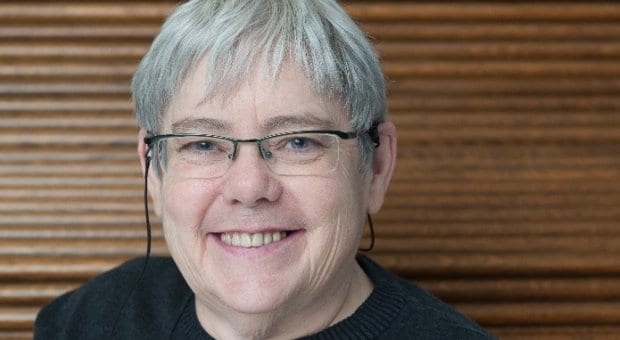The Alberta Court of Appeal has recognized a gay man as the parent of a 10-year-old child that he didn’t biologically father.
The landmark July 5 decision upheld a 2011 ruling and put an end to a messy seven-year custody battle between the man, Mr H, whose full name has been withheld to protect the child; his partner and the biological father of the child, Mr R; and the birth mother, Ms D.
The case has raised questions about the constitutionality of Alberta’s Family Law Act and its predecessor, the Domestic Relations Act.
In his fight to be declared a legal guardian of the child, Mr H claimed that Alberta legislation discriminated against him based on his gender and sexual orientation because provincial law determined legal male parentage on the existence of a spousal or common-law relationship with the birth mother.
According to the custody arrangement made between the adults — which was never formalized in writing — it was agreed that the child born to Ms D through assisted conception with Mr R’s sperm would be given to Mr R and Mr H.
The gay men raised the girl for the first three years of her life, with Ms D and her partner, Ms C, having regular contact with the child.
But when the men separated in 2006, the biological parents drew up a new agreement making them legal guardians of the child, with Mr R having primary custody.
Mr H was denied access to the child.
Mr H argued that, in denying him standing as the second father, the law was discriminatory.
The court agreed, and, in December 2011, Justice Suzanne Bensler determined that the Domestic Relations Act, in effect at the time of the child’s birth, infringed on Mr H’s Charter rights.
“I find that the Domestic Relations Act [DRA] discriminates against the Applicant on the basis of gender and sexual orientation, in contravention of his Charter rights,” the judge ruled.
“The Act failed to contemplate parenting situations involving same-sex couples, and as such, the applicant was denied the benefit of the parental presumptions,” she continued.
“The DRA bases male parentage on the existence of a spousal or common-law relationship with the birth mother; an occurrence that will never be realized in a same-sex relationship,” Bensler added before ruling in favour of Mr H as “both a father and a guardian of child S.”
Lesbian lawyer barbara findlay applauds last month’s appeal-court decision to uphold the 2011 ruling.
“I am pleased that the courts in Alberta are recognizing the rights of families created by lesbians and gay men, even when the legislation doesn’t make provision for them,” findlay says from her office in Vancouver.
British Columbia’s parental laws are more inclusive toward gay couples than other jurisdictions in the country, adds findlay (who prefers her name spelled in lower case).
“In BC we have a brand new law, the Family Law Act, which came into effect in March and which spells out that a child can have several parents, as long as they make an agreement before the child is conceived. So we are, in some ways, ahead of the curve in relation to other provinces in Canada,” she says.
Under BC’s new law, sperm or egg donors will have no legal liability or responsibility, unless all parties specifically declare otherwise in a written contract. Surrogate mothers will also be able to sign a legal contract giving away their rights or responsibilities, before the child is born.
“It creates the possibility, for the first time in BC, of a multiparent family of up to as many as five people. Normally, the family law has only ever recognized two parents for a child upon birth, but in this act it could have as many as five,” Vancouver family law lawyer Dennis Dahl told Xtra last May.
But with the new act come potential snags, experts say.
“People may start out thinking, ‘We’re all friends,’ but things can turn,” family lawyer Agnes Huang warns. “People are going to have to have much more detailed agreements to understand what everyone’s roles will be. I think it creates a lot more complications.”
“There are pitfalls,” findlay agrees.
“So anyone contemplating a queer blended family should talk to a lawyer before they start,” she advises. “Otherwise you may find that the law doesn’t acknowledge you as parents in the way you intend, or the law does recognize parents but not the ones you want to be recognized.”

 Why you can trust Xtra
Why you can trust Xtra


